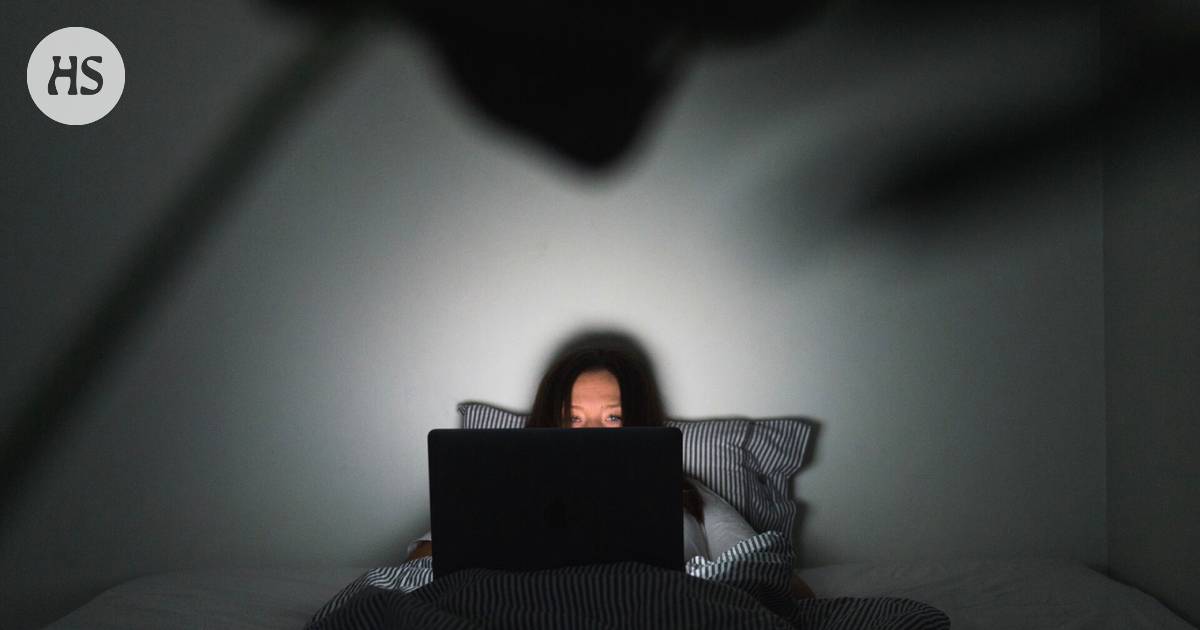A study conducted at Stanford University has shown that going to bed early, even after taking an evening nap, can have a positive impact on mental health. The research found that not following one’s own chronotype, or natural rhythm, can negatively affect mental health, particularly for evening people. Participants were classified into three chronotype groups: evening, morning, and intermediate. Evening people experienced more depressive symptoms and unhealthy eating habits than the other two groups.
The study discovered that going to bed at a later time can lead to increased anxiety and depression, regardless of one’s chronotype. However, following one’s natural rhythm and going to bed early, especially for morning people, resulted in the lowest mental health problems. The researchers ruled out the possibility that less sleep or mental health disorders caused the negative impact on mental health from staying up late.
The study suggests that a person’s mind function at night may contribute to mental health disorders. Increased impulsivity, sensitivity to negative emotions, and poor decision-making skills were observed in participants who stayed up late. The research involved 74,000 individuals who reported their sleep patterns and lifestyle preferences and underwent mental health assessments. The results were published in the journal Psychiatric Research.
Overall, the findings suggest that it is essential to follow one’s natural rhythm by going to bed early if possible to maintain good mental health.



